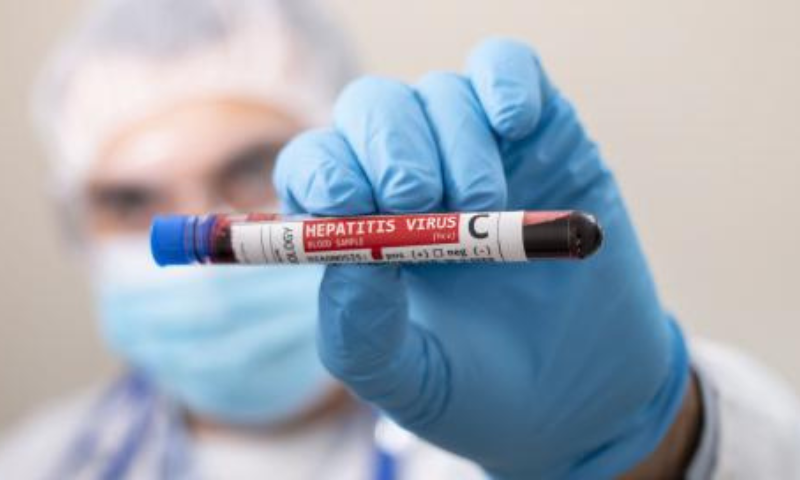ISLAMABAD: In a bid to raise awareness about the growing hepatitis crisis, doctors at Nishtar Medical University organized a walk and seminar on Saturday, marking World Hepatitis Day. The walk aimed to educate the public about the complications associated with hepatitis and promote early detection and treatment.
The walk, which was followed by a seminar, saw a significant turnout from the medical community and local residents. The experts highlighted the increasing prevalence of hepatitis in Pakistan and the urgent need for preventive measures and improved public health strategies.
Dr. Ahmed Khan, a leading gastroenterologist at Nishtar Medical University, expressed grave concerns about the rising cases of hepatitis B and C. “Hepatitis B and C are particularly alarming due to their chronic nature and potential to cause severe liver damage, including cirrhosis and liver cancer,” Dr. Khan stated. He emphasized the importance of a robust public health strategy to both prevent new infections and effectively manage existing cases.
The event highlighted the alarming data on hepatitis infections over the past decade. The medical experts stressed that many patients present at advanced stages of liver disease, which complicates treatment and adversely affects survival rates. “Early detection and timely treatment are crucial. Unfortunately, many patients only seek help when the disease has reached an advanced stage,” Dr. Khan noted.
The doctors advocated for widespread hepatitis B vaccination, calling it a safe and effective method to prevent infection. “Hepatitis B vaccination should be part of the routine immunization schedule for all children. It’s a critical step in reducing the number of new infections,” Dr. Khan recommended.
In addition to vaccination, the experts underscored the need for improved screening programs, particularly in underserved areas. “Regular screening, especially for high-risk groups such as healthcare workers and persons with a history of blood transfusions, can significantly reduce the burden of disease,” said Dr. Sana Iqbal, another prominent physician.
The doctors also emphasized the importance of public health initiatives, including awareness campaigns and community outreach programs, to combat the stigma associated with hepatitis. “Educating the public about how hepatitis is transmitted, how to prevent it, and available treatments is essential in controlling this epidemic,” Dr. Iqbal added.
Nishtar Hospital, affiliated with the university, offers free treatment to hepatitis patients. “Patients should not hesitate to seek treatment due to fear of complications. We are providing all necessary facilities and support to those affected,” the doctors said.





















